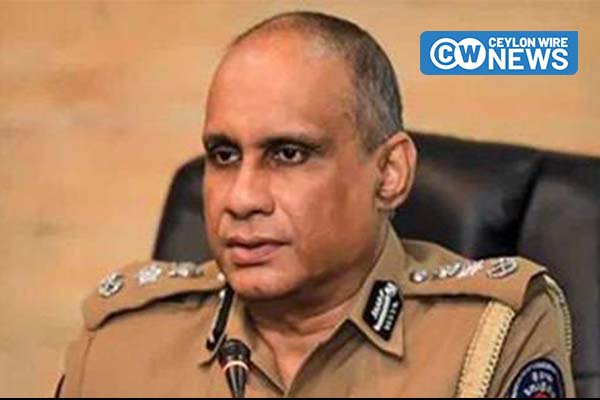The prolonged and contentious process of appointing a new Inspector General of Police (IGP) has entered a critical phase, casting a shadow of uncertainty over the country’s law enforcement and giving rise to apprehensions regarding the government’s capacity to address escalating crime rates.
Despite objections from the Constitutional Council, tasked with vetting and approving high-level appointments, the current IGP, Chandana Wickramaratne, has received multiple extensions of service. Wickramaratne’s term concluded on June 26 this year, following several extensions, including two three-month extensions and two additional three-week extensions. Sources indicate that President Ranil Wickremesinghe is likely to grant a fifth extension to C.D. Wickramaratne, despite facing criticism and objections.
These extensions have elicited widespread criticism from various quarters, including the opposition, legal experts, and civil society groups, who perceive them as a violation of constitutional norms and a disregard for the public’s right to a competent and accountable police force.
Simultaneously, there has been a surge in crime rates in Sri Lanka, marked by incidents of shootings, robbery, assault, and drug-related offenses in recent months. This increase in criminal activity has intensified public anxiety and raised doubts about the effectiveness of the police force under its current leadership.
The President’s delay in appointing a new IGP amid these pressing concerns has been met with widespread dismay, with many viewing the prolonged selection process as indicative of a lack of political will and a failure to prioritize public safety.
The opposition argues that the absence of a permanent IGP could demoralize the police force, resulting in decreased performance and a loss of public trust. Given that public confidence in the police force is already low, the failure to appoint a new IGP could further undermine this trust, potentially contributing to political instability and eroding the government’s credibility.
In light of these challenges, there is a pressing need for the government to prioritize the appointment of a competent and respected police chief. This step is crucial not only to restore public confidence but also to effectively address the rising crime rates and uphold the rule of law.









